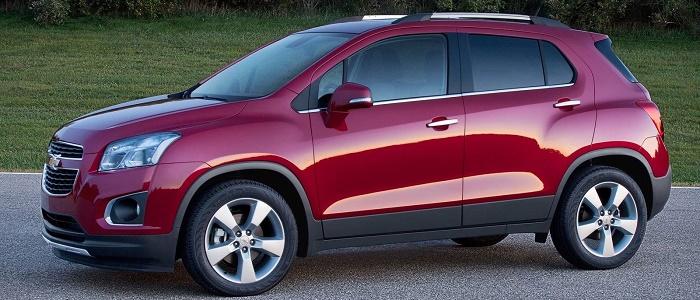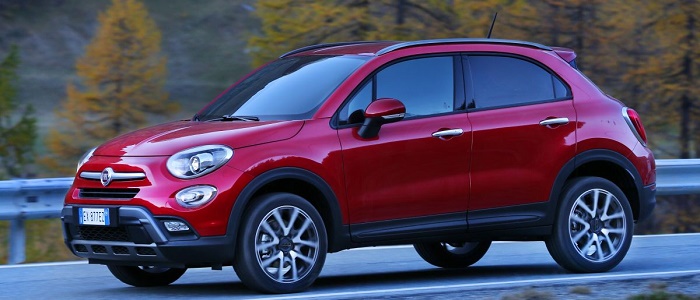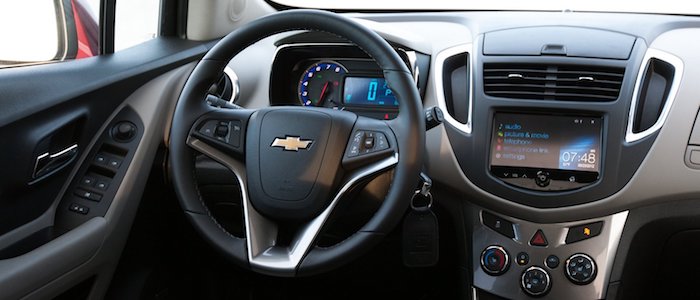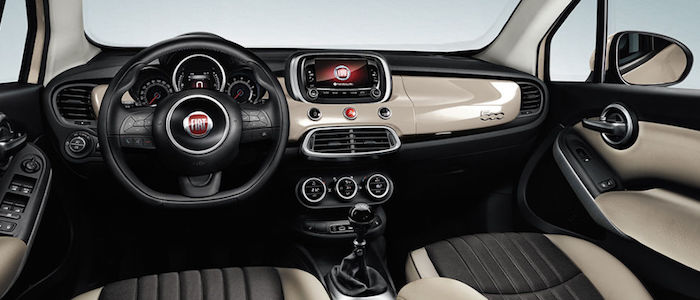Compare two cars
Compare any two cars and get our Virtual Adviser™ opinion
Dimensons & Outlines
Check vehicle history
Engine
Performance (manual gearbox)
Performance (automatic gearbox)
Expenses
Virtual Adviser's™ opinion
Two significantly similar cars, no doubt about that. Still, each one has something different to offer. Having both cars powered by diesel engines and utilizing the 5-door suv body style within the same 'SUV' segment, the only major difference here really is their wheel drive configuration (4 x 4 for the Chevrolet and front in the case of the FIAT). The first one has a Isuzu-engineered powertrain under the hood, a 4-cylinder, 16-valves 130hp unit, while the other one gets its power and torque from a 4-cylinder, 16-valves 120hp engine designed by FIAT.
SafetyBoth vehicles got tested by European New Car Assessment Programme (Euro NCAP), with the Chevrolet being a slightly better choice apparently. That aside, let's consider some other aspects which affect safety. Both vehicles belong to the suv segment, which is generally a very good thing safety-wise, still it doesn't help us solve our dilemma, does it? Furthermore, when it comes to weight, a factor that most people underestimate, the American car offers a marginal difference of 8% more metal.
ReliabilityReliability is not the best thing to consider on the make level, but it is worth mentioning that both brands display similar results in faults and breakdowns, when all the models are taken into account. These are the official statistics, while our visitors describe reliability of Chevrolet with an average rating of 4.2, and models under the FIAT badge with 4.3 out of 5. Some independent research have also placed Trax as average reliability-wise, and 500X is more or less at the same level.Above it all, drivers of cars with the same engine as the American car rank it on average as 4.2, while the one under the competitor's bonnet gets 4.4 out of 5.
Performance & Fuel economyChevrolet is undoubtly more agile, reaching 100km/h in 1.1 seconds less than its competitor. In addition to that it accelerates all the way to 188 kilometers per hour, 2km/h more than the other car. When it comes to fuel economy the winner has to be the Italian car, averaging around 4.1 liters of fuel per 100 kilometers (69 mpg), in combined cycle. We can't ignore that 20% difference compared to the American car.
Verdict
FIAT appears just a bit more reliable, although the difference is truly marginal. The most important thing when deciding between any two vehicles should always be safety, both passive and active. In my opinion, everything taken into account, the American car offers much better overall protection, which launches it ahead of the other contender. It all continues in the same direction, with Chevrolet outracing its opponent in any situation possible, making it better choice for boy racers. It does come at a cost though, and that's the fuel consumption... No mistake, whatever you decide here, but I'd still go for the Chevrolet. Nevertheless, let's not forget that people have different preferences and needs, so what really counts is your personal feel. I'm only here to help. I suggest you spend two more minutes in order to find out which car, based on your needs and budget, would be picked by the virtual adviser™, among thousands of similar, yet so different vehicles.


































